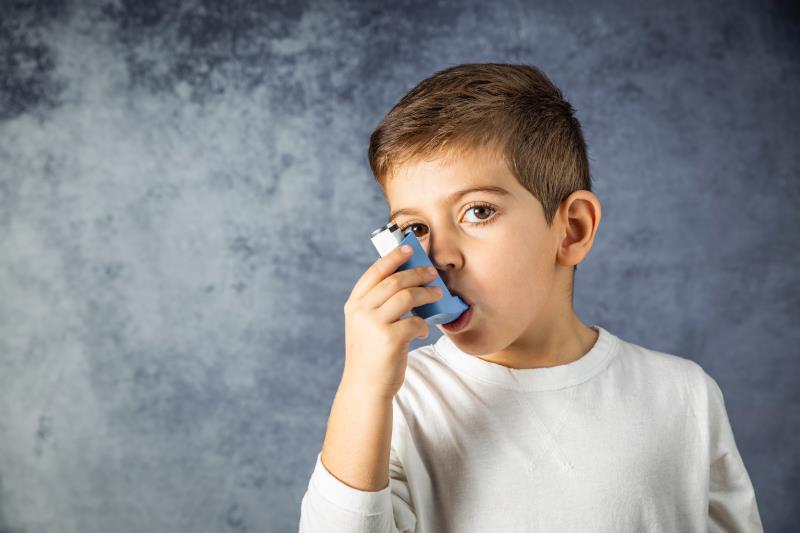
Children with controlled asthma and severe asthma appear to have slightly better school performances than their healthy counterparts, a recent study suggests. However, those with uncontrolled conditions perform worse.
In a Swedish population-based cohort of 570,595 children in grades 7–9, 5.5 percent were found to have asthma in grades 7–8 and 3.4 percent had the condition in grade 9. The overall prevalence rates of severe and uncontrolled asthma were 3.5 percent and 9.1 percent. School performance was measured according to the grade point sum, which totalled 320 points over 16 subject grades.
Eligibility for upper secondary school (USS) was also assessed; ineligibility was determined according to failures in core subjects such as Swedish, mathematics and English.
Asthma was associated significantly with a higher grade point sum and a lower risk of not qualifying for USS, overall suggesting better school performance. This relationship was independent of when asthma was reported.
Severity influenced this interaction. Those with mild or moderate uncontrolled asthma performed worse in school, while children with a severe but controlled condition were slightly better than their no-asthma comparators. Both comparisons were in terms of grade point sum and the likelihood of qualifying for USS.
These interactions were however mostly attenuated in sibling comparisons, which further controlled for unmeasured confounders. The only link that remained significant was that between uncontrolled asthma during grade 9 and worse school performance.
“These findings are of great importance for understanding the associations seen between asthma and school performance,” researchers said.